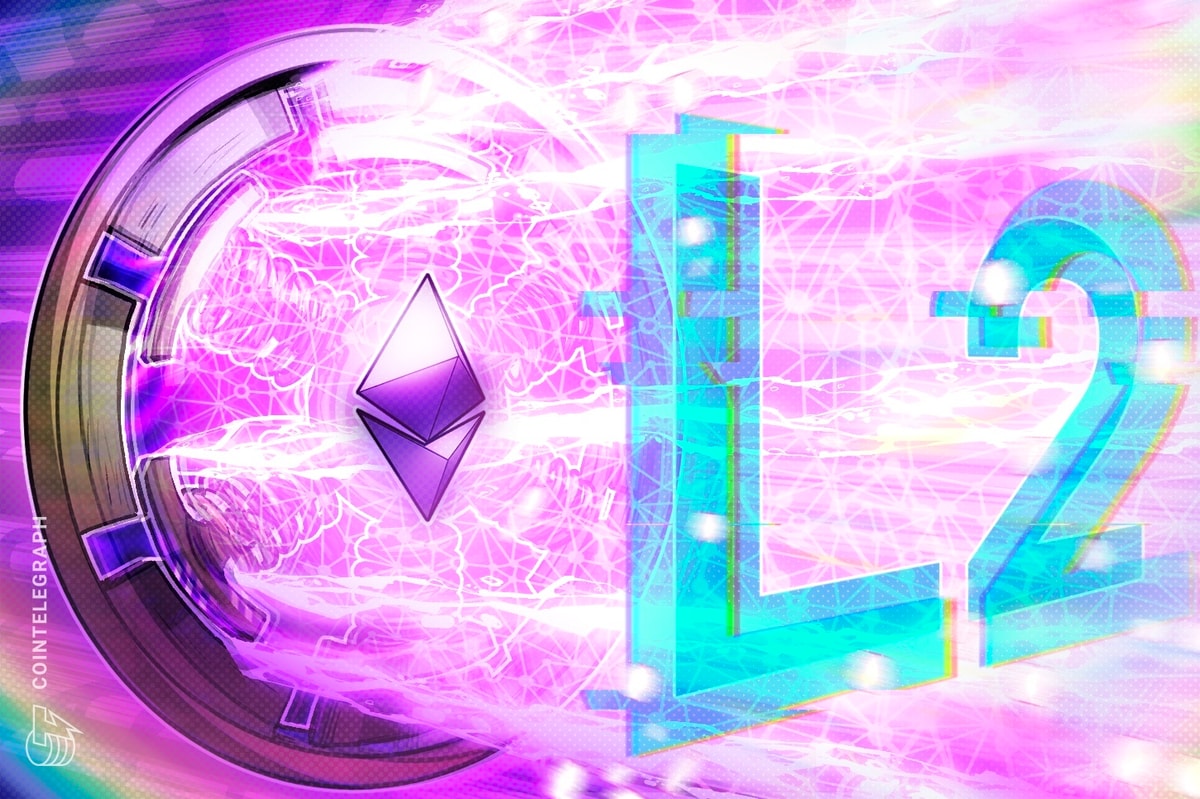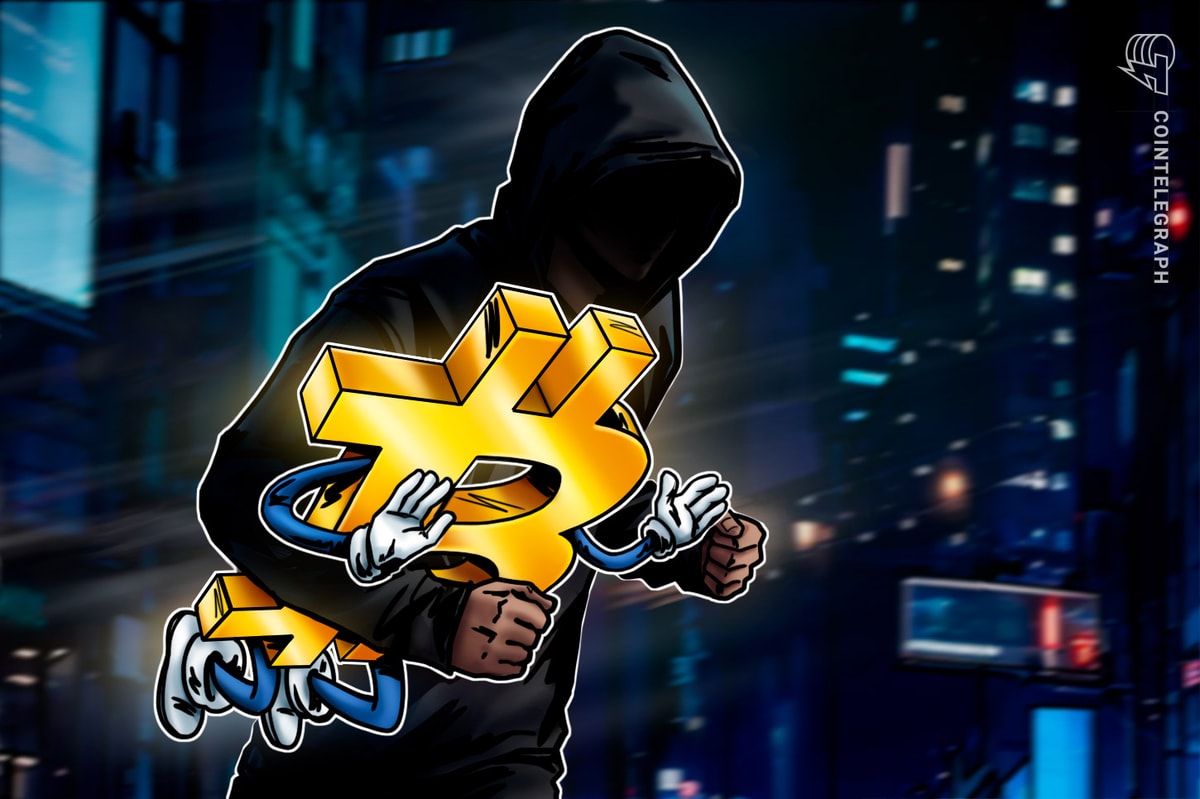Starknet, an Ethereum layer-2 (L2) scaling solution, rolled out the first phase of its staking mechanism, allowing holders of its STRK tokens to stake and contribute to network security and functionality.
Participants with at least 20,000 Starknet (STRK) tokens can now participate in solo staking to secure the network and earn rewards. Those holding fewer tokens can delegate their tokens to validators to contribute indirectly.
The phased rollout starts with validators performing basic staking functions, including running full nodes and interacting with staking contracts, taking on more critical roles like block creation and validation over time.
Eli Ben-Sasson, CEO of StarkWare, informed Cointelegraph that this is a “very big deal” for the Starknet community, with Bitwise already “on board as a public validator.”
Related: Look out, Solana: Starknet to 4X TPS within 3 months
Decentralizing through phased staking rollout
The phased rollout will begin with basic staking functionality, including introducing the staking protocol and stake delegation to lay the groundwork for future responsibilities and increased decentralization.
“Eventually, Starknet users will be able to sequence and validate Starknet blocks and, in turn, earn rewards,” Ben-Sasson told Cointelegraph. He emphasized the importance of a gradual rollout to ensure stability.
“Remember, it took Ethereum three years to get this right, which is why teams at StarkWare and the Starknet Foundation are using this first stage to study staking habits and onchain data to inform the rollout of further responsibilities to validators,” he said.
Related: OP_CAT could go live on Bitcoin within 12 months: Eli Ben Sasson
Governance implications
Starknet’s introduction of staking marks a milestone for the ecosystem, offering users the opportunity to participate for financial and governance purposes.
Ben-Sasson explained that “governance benefits will come in stages [...] ultimately tokenholders will be able to support running blockchain rails.”
“The staking rollout pushes forward the ongoing decentralization of Starknet and will rest control in the hands of the community.”
Related: Starknet hits record 857 TPS, averages 127.5 in stress test
Starknet hits 857 TPS in stress test
On Oct. 29, the L2 solution established a new milestone by hitting a peak of 857 transactions per second (TPS) during a controlled stress test.
Ben-Sasson said that the test showed Starknet can scale without losing network integrity after averaging 127.5 TPS over 24 hours.
The stress test simulated a high-demand gaming environment and showed improved throughput and fast transaction speeds, demonstrating Starknet’s “firepower,” as described by Ben-Sasson.
Magazine: Make Ethereum feel like Ethereum again: Based rollups explained









